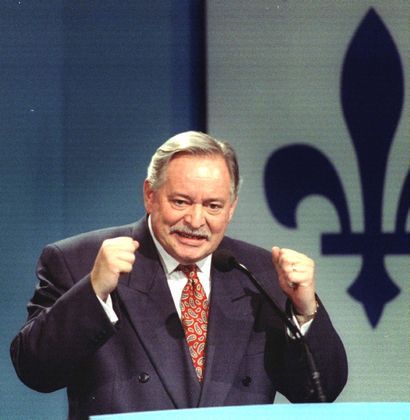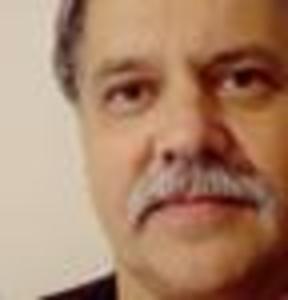The province of Quebec is high on language laws and for threatening separation: Schukov.
If I had my druthers’, I would write only humour, but I keep it at arm’s length for good reason: I am not funny (if I am to believe trolls and my wife.) On the flip side, the topic I least want to write about is the can of worms that is Quebec language law politics. But the satire is too tempting.
Anglo and allophone stragglers who sally from their respective herds to dip their big toes into the tainted watering hole of Bill 101 and say, “This is too cold, I will not drink it,” are cautioned by their own (democratic?) demographic that they should not cause ripples. If the rogues so much as swirl their feet in the holy water, they may even be demonized. You remember Mordecai Richer, but do you remember Howard Galganov? One got a gazebo named after him as a consolation prize, another just got name-called. (And Montreal Mayor Valérie Plante wants the REM Griffintown station to be named after former Parti Québécois (PQ) leader Bernard Landry. Guess we ran short of Irish names.)
Ok, to summarize: No humour and no politics. But where worlds collide is there’s too much low-hanging, spongy-ripe satire to be mined in West Island or Montreal politics. Proselytizers (I got that word out of the Conrad Black Collegiate Dictionary) of Quebec language laws will steer you from what I call the elephant-in-the-room. Let’s shine a spotlight on the peanut scarfing hulk in the corner: Quebec is not a country. It is a province in Canada. Canada is a country, and it has two official languages. It has a constitution that guarantees the Canadian citizen (which a Quebecer is) the right to be served in either official language (except for the threat of the trap door Notwithstanding Clause — separatist magic dust.)
Instead, while the English Montreal School Board is placed under partial trusteeship, some dare ask, Who will be allowed access to English services under new Coalition Avenir Québec (CAQ) rules? Premier François Legault — continuing the nationalist mastery of unveiling new jargon into the lexicon of La Belle Province says services would continue for the “historical English community” defined as those covered under Bill 101 (Thank God, they have something to define us.) When did Quebec become a country outside of Canada’s constitution? (Big elephant in the room.) Fear not, the West Island is protected against minority language disservice as it always elects proactive Liberals (That’s sarcasm, by the way.)
Provincial threat (Quebec governments love threats.) of separation is an ace bargaining chip. Of the last 50 years, 28 have featured Quebec born prime ministers. Four out of the past six (Like an Olympic judge, I delete the lowest score that is Joe Clark and Kim Campbell who ruled in total for 13 months) have been from Quebec. It’s the tail wagging dog, isn’t it? No wonder Alberta wants in.
They say Quebec is the kitchen of Canada. I say it is more akin to a meth lab, always a threat of exploding. Where else can you live stream a besotted Jacques Parizeau accuse ethnics and money for losing a rigged referendum question even with spoiled ballots later destroyed as evidence? (Oh well, just another day in the meth lab.)
Which brings me to the CAQ — more aptly named PQ Extra-Lite. (See how the satire just screams for attention?) No doubt, many people will say, Why rock the boat? There is peace in the valley. Why indeed? Because it’s all got to do with “winning conditions.” Don’t believe me? Ask Legault to sign the Meech Lake Accord (Oh, I don’t believe that hack Schukov dredged up the other elephant in the room.) Turns out there is a whole herd of elephants in the room that belongs in Gulliver’s Travels.



























